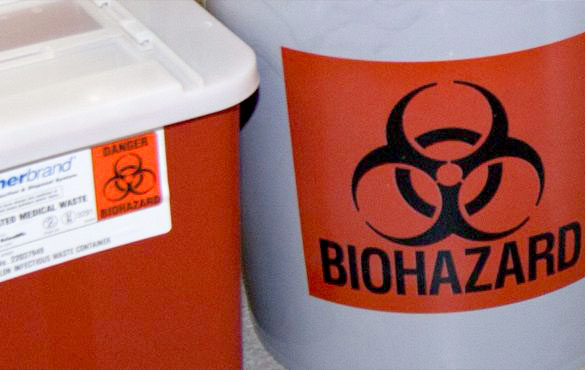Bats and Rabies
Bats are a key part of a healthy ecosystem and despite the myths, they are very beneficial creatures. They prey on night-flying insects, help disperse seeds, and pollinate plants. However, bats may also carry rabies and are a significant source of potential rabies exposure for humans in Michigan and across the United States.
Why are Bats a Concern?
- Bat bites and even droplets of bat saliva may cause rabies in humans.
- Bat bites can be difficult to identify because they may not leave a mark.
- In Michigan, rabies is found more frequently in bats than in other mammals.
- Rabid bats cause the most rabies deaths in the U.S.
| IF YOU FIND A BAT IN… | THEN… | AND YOU SUSPECT THERE WAS AND EXPOSURE… |
| U-M Residence Hall |
| Seek medical advice if an exposure occurred by calling University Health Service at 734-764-8320 (available 24 hours a day) to determine whether treatment (rabies vaccine) is recommended. |
| U-M work area |
| Seek medical attention immediately either at the U-M Occupational Health Services Clinic (complete the Work Connections Injury & Illness Form) or your primary care physician |
| Other areas such as an apartment or home | Follow the recommendations for collections and testing from the Washtenaw County Public Health Department or your local Health Department If there is no indication someone was bitten or potentially exposed, remove the bat by following the guidelines from the Organization for Bat Conservation |





